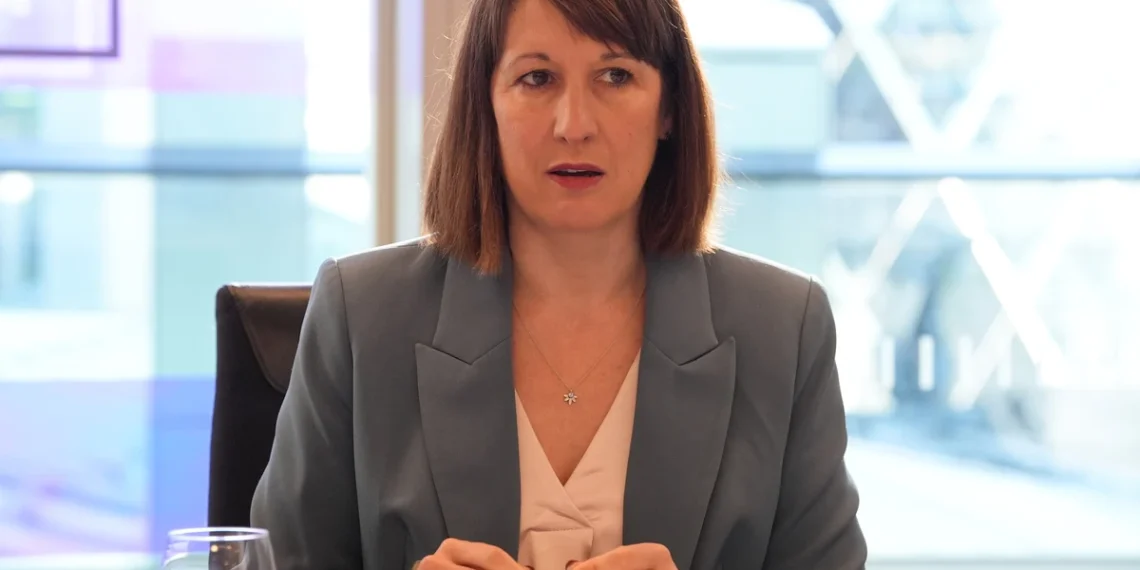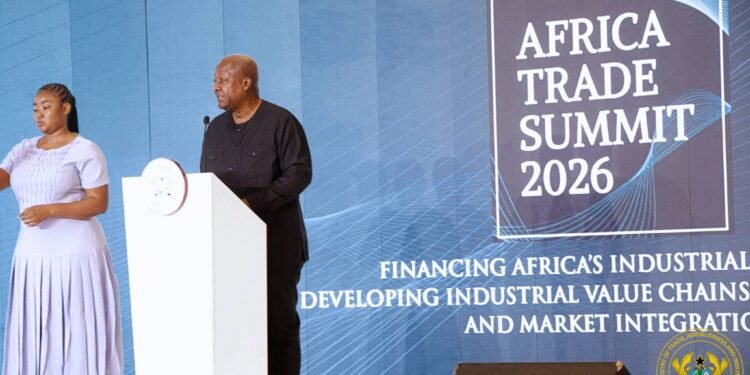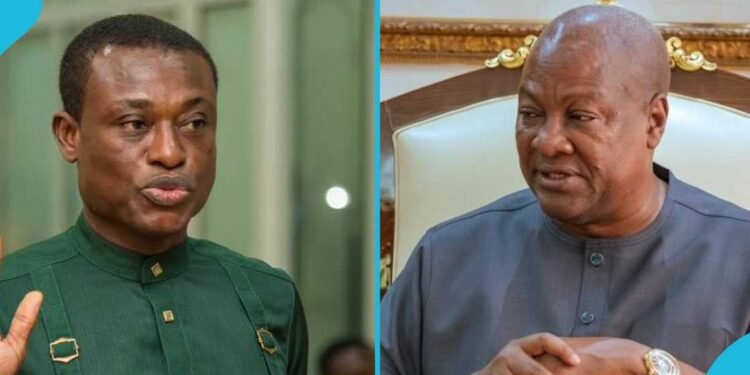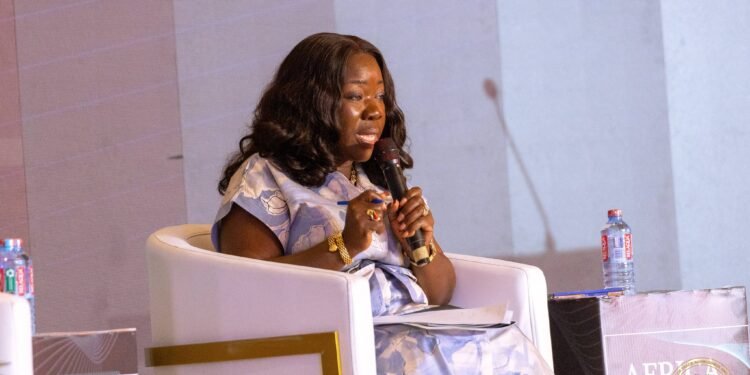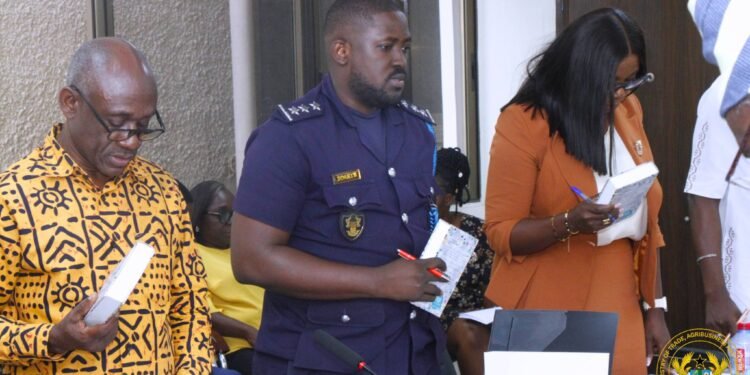One of Britain’s top economic thinkers has called on Chancellor Rachel Reeves to raise the basic rate of income tax — a move the UK has not seen in nearly half a century — in the face of financial pressure brought on by Donald Trump’s global trade war.
Paul Johnson, director of the Institute for Fiscal Studies (IFS), issued the warning as Ms Reeves prepares for a challenging autumn Budget. He cautioned that her commitment to strict fiscal rules will soon leave her with a narrowing set of options.
“There is a good chance she will need more money to meet those rules. It would not be daft to think about doing something that no one has done for the last 50 years, and that is to increase the basic rate of income tax.”
Paul Johnson
The current basic rate stands at 20 percent — a figure unchanged since the days of Margaret Thatcher and carefully preserved by successive chancellors. But Mr Johnson argued that increasing the rate now could be “less economically damaging than an awful lot of other things she might think about doing.”
The warning comes as mounting concerns over Donald Trump’s global trade war are rippling through global markets. The UK’s Office for Budget Responsibility (OBR) has already sounded the alarm, suggesting Trump’s proposed tariffs could seriously undermine the British economy and erase the £9.9 billion in fiscal headroom Ms Reeves counted on during her spring statement.
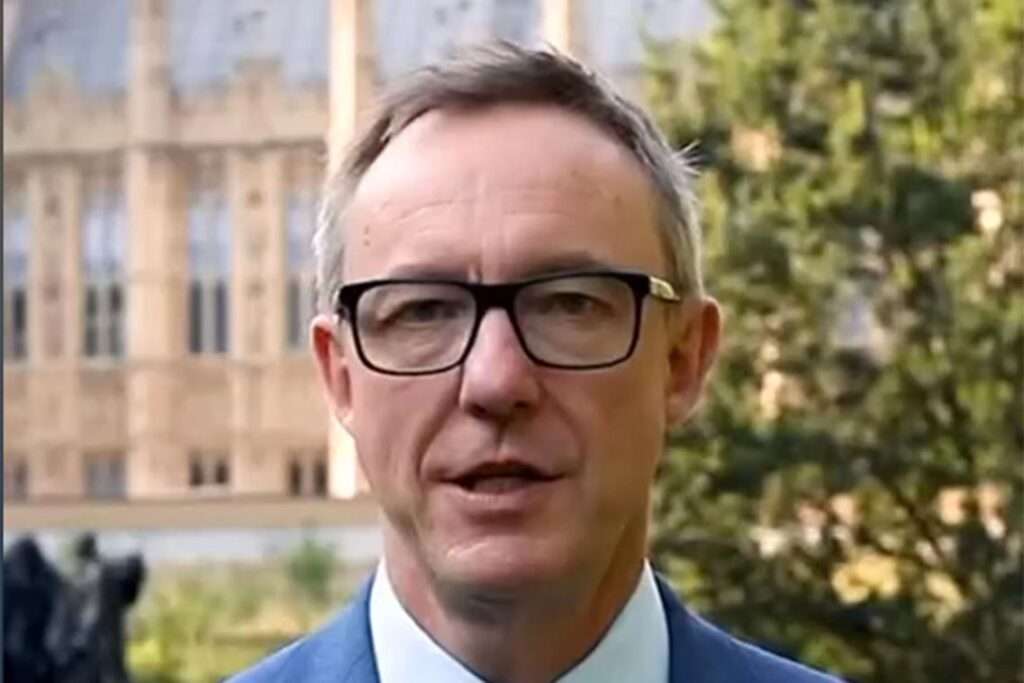
Reeves Faces Difficult Fiscal Choices
Ms Reeves has bound herself to two self-imposed fiscal rules: she cannot borrow to fund day-to-day public spending, and public debt must fall as a share of GDP by the end of a five-year forecast. Those commitments have tightened the noose on her Budget plans.
In March, the chancellor cut billions from welfare to stay within her limits — a decision widely criticised for its potential to deepen poverty. However, Paul Johnson believes those measures will not be enough if global economic shocks continue to batter the UK economy. “Trump’s tariffs are buffeting the economy so badly,” he noted, underscoring the scale of the challenge Reeves is up against.
The last time a chancellor raised the basic rate of income tax was in 1975, when Labour’s Denis Healey increased it amid runaway inflation, spiralling unemployment, and a plunging pound. Since then, every major tax — VAT, national insurance, and corporation tax — has seen adjustments. But the basic rate has remained untouched.
Paul Johnson explained this political reluctance: “For 50 years chancellors have moved heaven and earth first to cut it to its current 20 per cent and then to avoid increasing it.”
Still, with economic pressures mounting and Trump’s trade policies threatening to contract global trade flows, some economists believe now may be the time to act.
Johnson also criticised recent moves by Ms Reeves and Prime Minister Keir Starmer’s government, particularly the decision last October to raise employer national insurance contributions — a policy he believes unfairly burdens workers.
He argued that while it may raise revenue in the short term, such a tax is “a tax on jobs” and may ultimately “slow the economy, limiting the chancellor’s tax income in the long run.”
In the current political climate, any move to raise income tax would be controversial. But with the UK government facing a storm of fiscal pressure, the idea is no longer off the table. For Ms Reeves, this autumn may test both her political nerve and her economic pragmatism.
READ ALSO: Bright Simons Slams Ghana’s Elite over Handling of KIA Drug Trafficking Allegations

